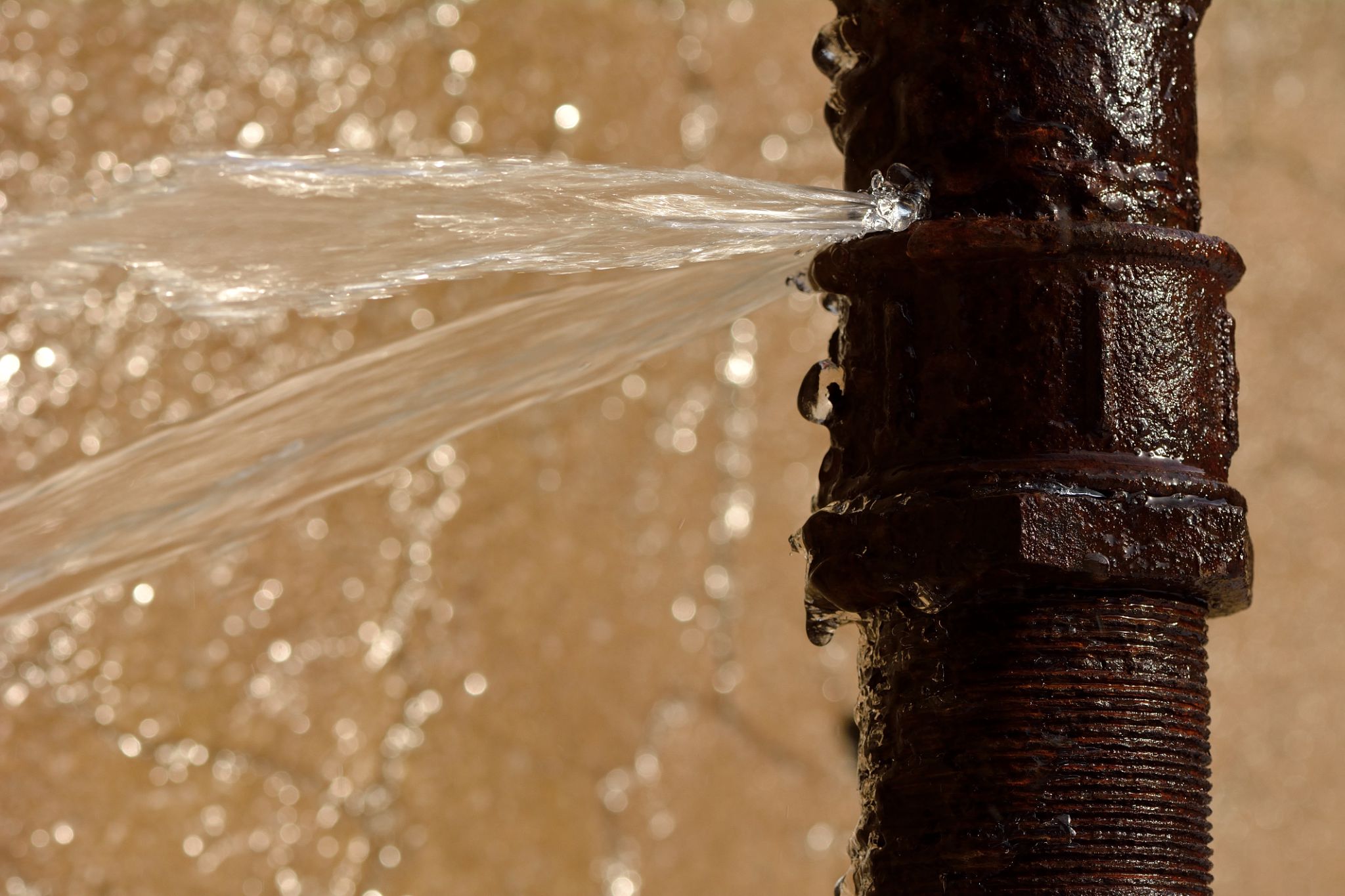Top 5 Plumbing Emergencies and How to Handle Them
SP
Understanding Plumbing Emergencies
Plumbing emergencies can strike at any moment, wreaking havoc on your home and disrupting your daily routine. Knowing how to handle these emergencies can save you time, money, and a lot of stress. Let's explore the top five plumbing emergencies and how you can effectively manage them.
1. Burst Pipes
A burst pipe is one of the most severe plumbing emergencies you might encounter. It can cause extensive water damage in a short amount of time. The first step is to shut off the main water supply immediately. This action will stop the flow of water and minimize damage. Then, call a professional plumber to repair the pipe and inspect for any further issues.

2. Clogged Drains
Clogged drains are a common problem that can escalate into a significant issue if not addressed promptly. If water is draining slowly or not at all, try using a plunger or a drain snake to clear the blockage. Avoid using chemical drain cleaners as they can damage pipes and harm the environment. If the clog persists, seek professional help.
3. Leaking Faucets
A leaking faucet might seem minor, but it can lead to higher water bills and waste precious resources. Start by identifying where the leak is coming from, usually due to a worn-out washer or O-ring. Replacing these parts is often a simple DIY fix, but if you're unsure, don't hesitate to contact a plumber.

4. Water Heater Issues
When your water heater isn't working correctly, it can disrupt your daily activities, especially during cold weather. Common signs include no hot water, strange noises, or leaks around the heater. Check the thermostat settings and ensure the pilot light is on if you have a gas heater. Regular maintenance can prevent many problems, but if issues persist, it's best to call a professional.
5. Sewer System Backup
A sewer system backup is a severe health hazard that requires immediate attention. You'll notice multiple drain clogs, gurgling toilets, or foul odors coming from the drains. Avoid using any plumbing fixtures and contact a plumber right away to address the issue. Installing a backwater valve can prevent future backups.

Preventive Measures and Final Thoughts
While handling plumbing emergencies is crucial, preventive measures can help avoid these situations altogether. Regularly inspect your plumbing system for signs of wear and tear, such as leaks or corrosion. Additionally, schedule annual professional inspections to catch potential problems early.
Being prepared and knowing how to respond to plumbing emergencies can make all the difference in protecting your home. Keep essential tools like plungers, wrenches, and drain snakes handy, and always have a reliable plumber's contact information accessible for those times when DIY fixes aren't enough.